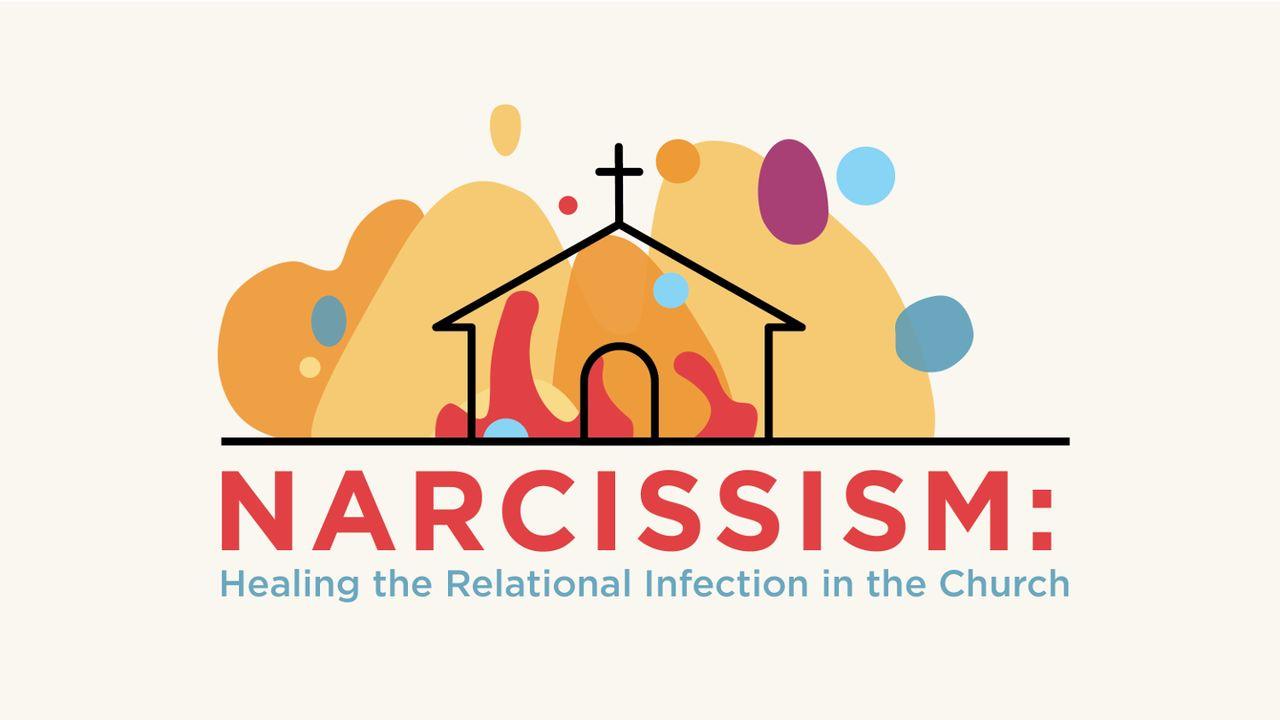Narcissism: Healing the Relational Infection in the Church預覽

Many years ago, I caught an eye infection that resisted being cured. My eyes would turn red and become swollen. Antibiotic drops would knock the infection down for a while, but a few weeks later it would return. After several months of this, my ophthalmologist said, “I think what we have here is a cultural problem.” He explained that my eyes had a culture that was conducive to growing bacteria. I had never thought of my eyes having a culture, but I followed his instructions to change the culture of my eyes through washing and warm compresses. I admit I was skeptical, but eventually the infections disappeared and haven’t returned. I changed the culture of my eyes.
Every church has a culture, and it is possible for that culture to have an infection. Even if there were a magical antibiotic, the infection would keep recurring until the culture changes. The culture of a church is its relational soil, and the infection thrives in depleted soil. A chain of events has left us with exhausted soil that bears little fruit. Unfortunately, the bad news gets worse. The depleted soil not only chokes spiritual formation, but it also creates a culture where a certain relational infection thrives, spreads, and returns.
Relationally impoverished soil leaves a community vulnerable to the spread of narcissism, especially in positions of leadership and influence. Enriching the soil is the only long-term solution. We can remove narcissists from their positions of influence, but without adding the essential soil nutrients, the infection will return. The consequences of this disease devastate churches and families.
The topic of narcissism in the church came up in small group we held in our house that was led by a man who was both a psychologist and a pastor. He had years of experience, both with leading churches and dealing with a variety of mental health issues. It surprised me how often the topic of narcissism arose during our meetings. The training was focused on growing our character, but when the leader, Jim Wilder, first talked about the relational infection in the church, you could hear a pin drop in the room. Most of us had been involved in churches and ministries for a long time. We all had bumped up against the infection that Jim was explaining. We had seen leaders act in ways that troubled us. Some of us had kept quiet. Others spoke up. Some of us were fired for speaking up. We knew something was wrong but did not have an explanation for it. We had no label for it.
After the meeting, we talked outside, lingering for over an hour. One friend shared his experience with me. He was the high-school pastor of a well-established church and worked under a beloved pastor. During a planning meeting with the leadership team, Dave disagreed with one of the pastor’s ideas and explained why. Later that afternoon, he noticed a piece of paper had been slipped under his office door. The beloved pastor wrote him a note: “Never disagree with me in front of the elders again!” Stories like this kept popping up after our meetings.
Quite a few churches were represented in our group. We heard suspicions, particularly from the millennial generation, that something was wrong with the way people were being treated. Jim shared his concern that narcissism was becoming a normal and accepted behavior in Christian churches and families. We see a narcissist and think, There is a strong leader. Exactly the opposite is true. We are intentionally selecting leaders with narcissistic tendencies because we have a broken picture of healthy leadership.
Discussion Questions:
1. Have you ever suspected that your church might have a relational infection? If so, what were the consequences?
2. How well do you understand narcissism? How would you define it? Are there any examples of narcissism you can think of in the Bible?
